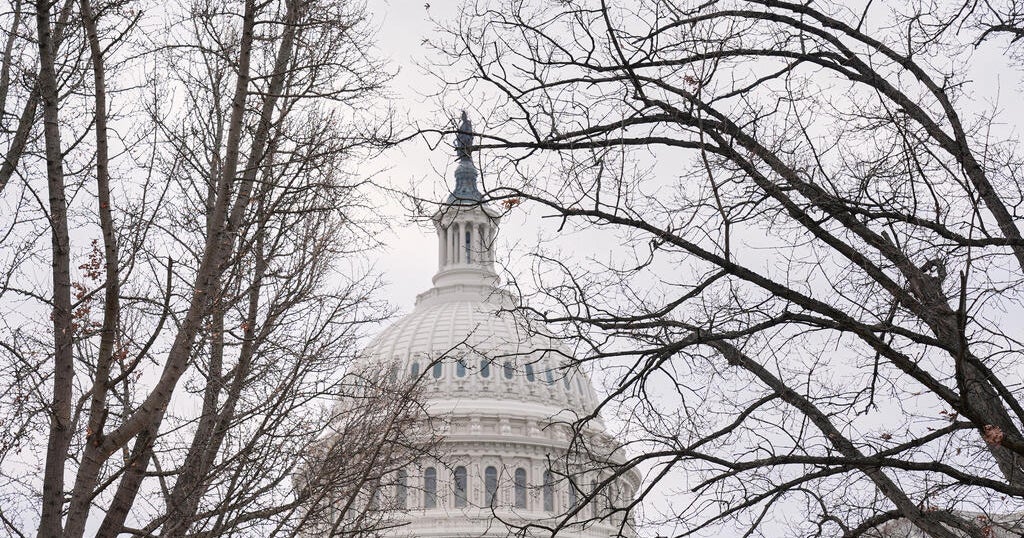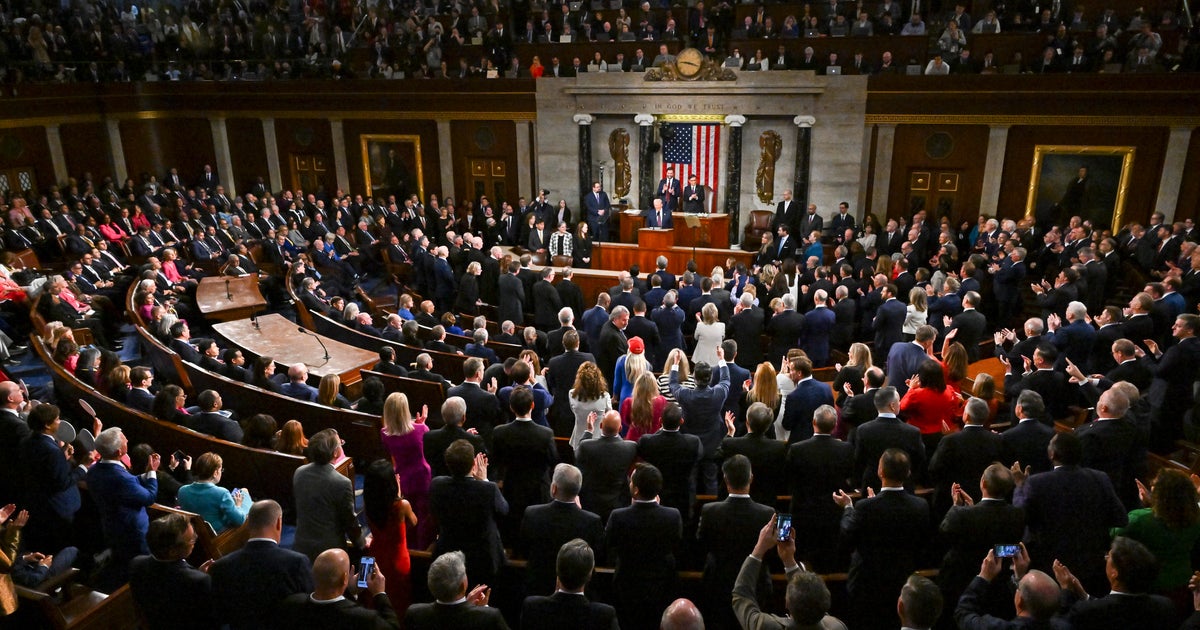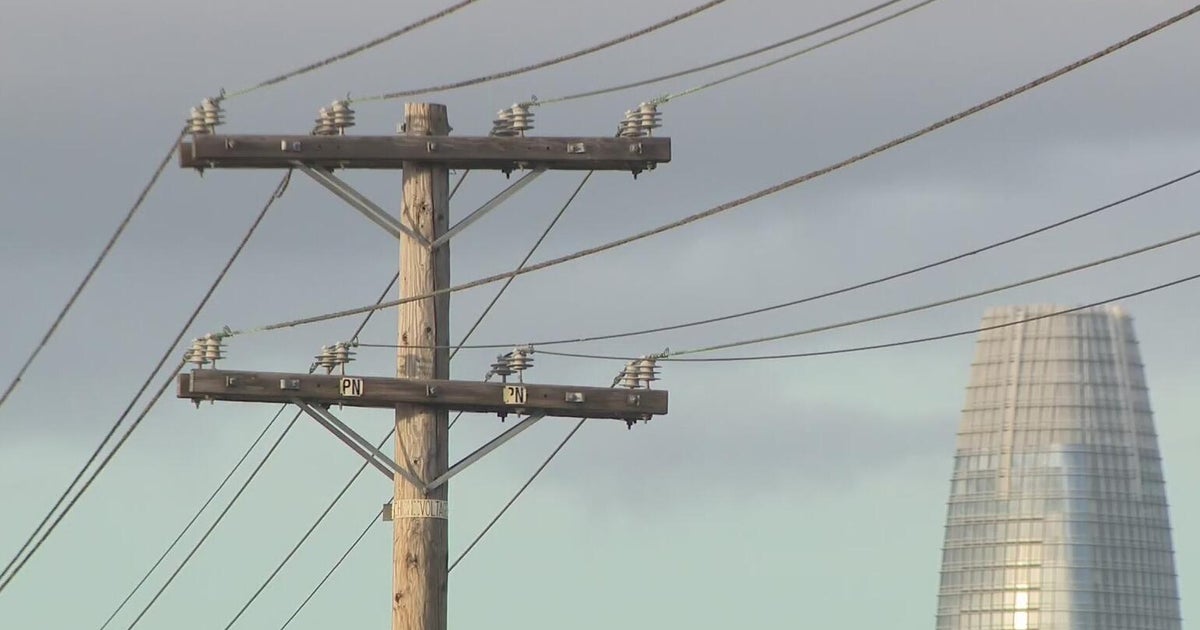California lawmaker introduces bill to regulate AI use by state agencies
California lawmakers have concerns about artificial intelligence in the private sector, but there are also concerns about its use by state agencies.
Jean-Paul Mugrditchian is working as a ride-hailing driver to make ends meet.
"This job is barely minimum wage after you factor in expenses," said Mugrditchian.
He's a software engineer who has worked for startups.
"Right now, I don't have a job. That's the only reason I'm driving. I'm between jobs," said Mugrditchian.
The flexibility of driving for Lyft and Uber allows him to pursue laying the foundation for his next endeavor. He's well aware of how AI advancements, including the proliferation of driverless cars, is impacting gig workers.
"We've seen with all the past industrial revolutions — yes there were tons of jobs that were eliminated, but ultimately — we as a civilization have grown. There are new jobs that are created," said Mugrditchian.
Meanwhile, lawmakers are trying to keep pace.
The AI Accountability Act Bill, SB 896, introduced by State Senator Bill Dodd, guides the decision-making of state agencies related to automated technologies.
One provision in the bill would require state agencies to notify users when they are interacting with AI.
"The legislature is famous for passing bills on businesses and everyone else, but yet is not a leader in the area and does not enact those same initiatives on it-self," said Dodd.
Ahmed Banafa is a professor of engineering at San Jose State.
He believes legislation like this is a necessary starting point for the government, AI companies, and consumers, with so much uncertainty in the vastly changing AI world.
"Having all the three parties together will help to make sure AI is responsible and safe," said Banafa.
Highlighting the positive potential of AI, researchers at the Stanford Institute for Human-Centered Artificial Intelligence are piloting a near real-time system to identify illegal dumping under the Clean Water Act, using computer vision and aerial imagery to modernize environmental compliance.
It's an example of how AI can improve the environment, and human conditions too.
"I think AI will enable more people to raise in their order of functioning and all of these repetitive dangerous exhausting body stressful tasks will over time eventually go away and be replaced by machines," said Mugrditchian.
Mugrditichian is more than comfortable with the rapid advancements in artificial intelligence, believing in its potential, rather than its downside.
The AI Accountability Act Bill making its way through the legislature, also encourages the state to invest in AI education and build AI competency in the state's workforce.







